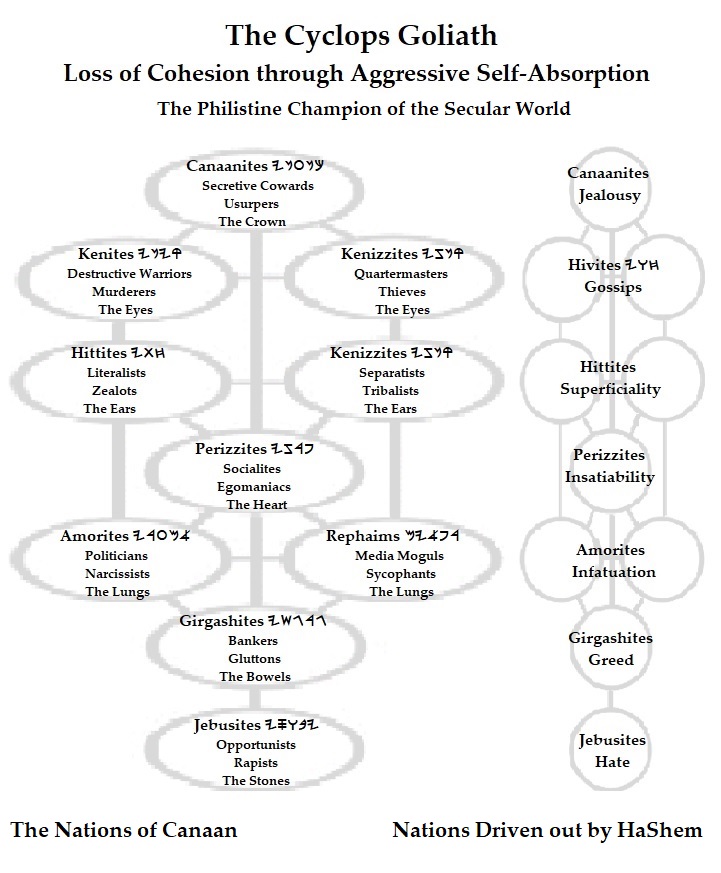
King David’s people were proud of him, bragging that he “killed” his
ten-thousands. He hadn’t murdered them, as had King Shaul, in his
determination to retain the throne HaShem had entrusted to him as though
it was his by right. A humble man,
David
avoided confrontation where possible, preferring to change hearts and
minds by using the same playful tactics of restraint he demonstrated as
he lay hidden in the brush while King Shaul lowered his skirts in answer
to nature. Not by choice a man of war, David preferred to circumcise the
enemies of Y’sharAL, carting their foreskins to Yerushaliem to parade
before his fellows as evidence of conversion.
 He
was not called to the throne as a warrior, but as a rural shepherd; and
in tending the herds, young David’s heart had approached congruence with
the heart of HaShem. Their relationship is understood in the emblems
He
was not called to the throne as a warrior, but as a rural shepherd; and
in tending the herds, young David’s heart had approached congruence with
the heart of HaShem. Their relationship is understood in the emblems
that spell his name. The name “David
dwd”
suits a man whose heart
d
is wed
w
with the heart
d
of messiah: a man who, during his lifetime, lived as a student until his
perceptions
d
were aligned
w
with divine revelation
d.
The great poet of the book of Psalms, King David was a
man of
vision, a prophet, a spiritual warrior. He understood the saying, “Let
not the sound of the axe or the hammer be heard as you build the
temple;” for he was a tabernacle man: he submitted himself to God’s
spirit.
| Iniquity | ||
| site |
book |